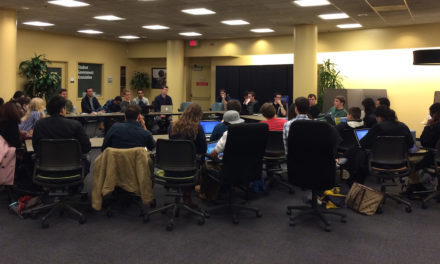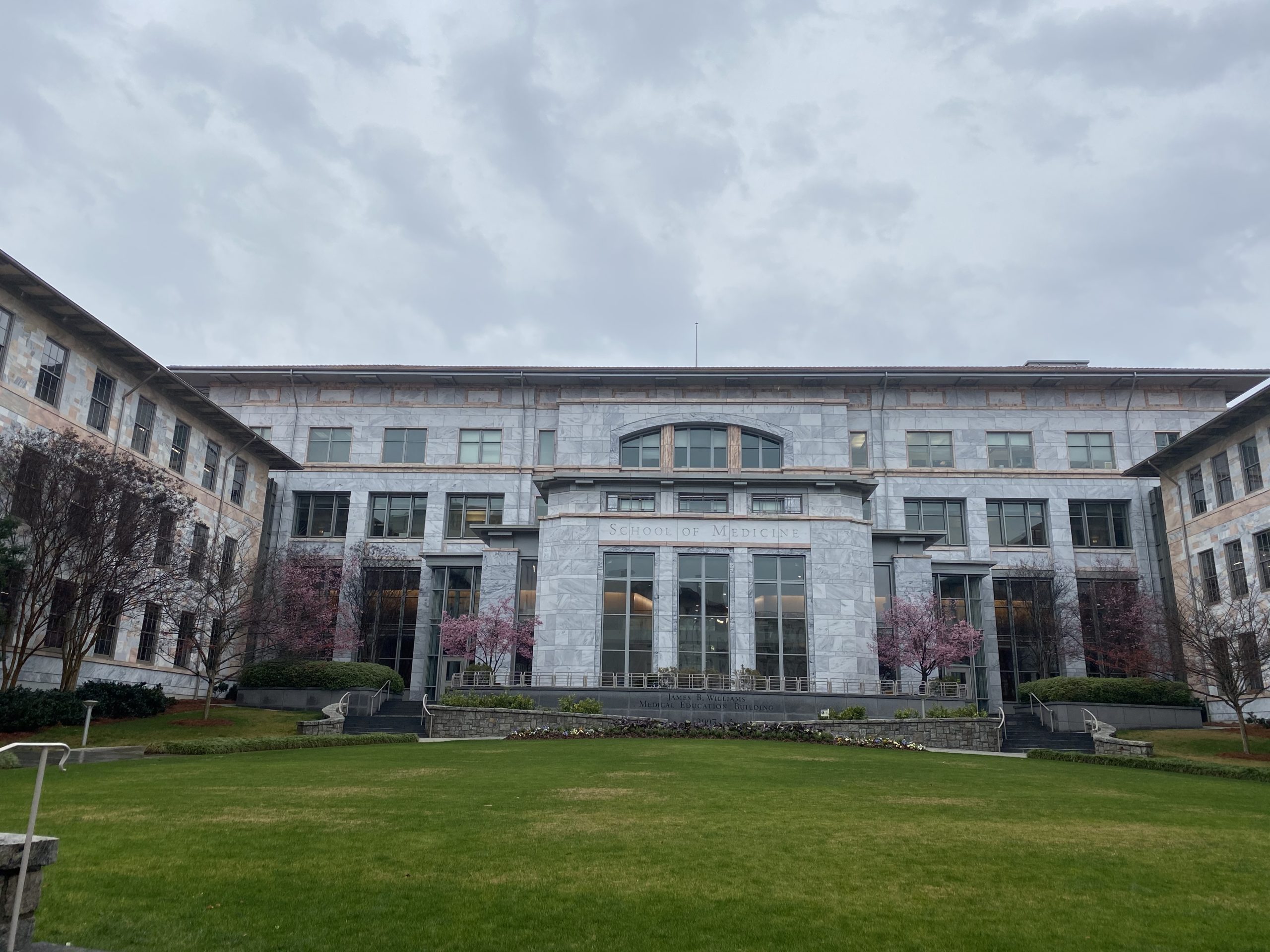Emory University named Richard Mendola as senior vice provost of library services and digital scholarship, a new position that combines the physical components of library maintenance and the electronic element of education and research.
Previously, Mendola held the position of vice president of information technology and CIO as well as his current position on an interim basis until June 2012, when he officially acquired the combined responsibilities.
Michael Elliott, the senior associate dean for faculty and the search committee chair for the appointment process, said the committee “began by consulting with a number of people outside Emory who are leaders in the academic libraries world.”
“The changes [Mendola] planned to make aligned with those of the people we consulted,” he said.
The new position requires a synthesis of the already-existing library collections and Emory’s various online resources, including the on-campus libraries, maintenance of the Manuscript, Archives, and Rare Book Library (MARBL) and upkeep of electronic resources.
“[Mendola] brings a reputation of a deep commitment to the academic enterprise, superb administrative and managerial skills, visionary leadership abilities and an intense desire to enhance the library’s place as the institutional academic commons,” Provost-Elect Claire Sterk said.
Indeed, Mendola is not a newcomer to the Emory community.
He has supervised information technology at Emory for the last seven years.
For Mendola, online courses are an avenue enabling users to take advantage of Emory’s electronic library sources.
The synergy of digital resources with current classroom techniques will improve the process of teaching and learning, according to Mendola.
“As you think about the digital widgets that go into an online course, that’s really the type of thing we’re talking about,” Mendola said. “We’re trying to bring together things which might not have been brought together in the past.”
According to Elliott, Mendola views the digital component of library resources equally as important as print collections and rare books.
“He sees the library as the hub of an intellectual community,” Elliott said.
Mendola said he plans to expand the University’s library facilities, specifically in the Robert W. Woodruff Library.
This includes more storage for physical books, refurbished space for MARBL, more quiet space, more gallery space and improvements to online systems.
The University has already begun incorporating digital elements into the Woodruff Library. Funded through a grant from the Andrew W. Mellon Foundation, the Digital Scholarship Commons (DiSC) is a relatively new enterprise at Emory, offering students and faculty the opportunity to use its digital software for multidisciplinary pursuits.
DiSC staff can also provide assistance with electronic text encoding, geographic information systems, statistical analysis, scanning and graphics.
Many of the library’s current online teaching and learning methods are geared toward graduate students and faculty.
But Mendola said he is trying to expand knowledge of such tools to more students across campus, potentially through the admittance of student representatives on the Library Policy Committee.
“We’re in the exploratory planning phase,” Mendola said of his future plans. “During the interim, we put together a list of projects for strategic objectives and IT objectives.”
Mendola mentioned the obstacle of gaining licenses for access to published material used in online courses.
While Emory has licensing permission to distribute published and copyrighted material to University students, when it comes to online courses taken by non-Emory students, that permission does not exist.
Mendola said he is trying to advance a movement to include more educating materials into those courses.
“I can’t state how important the future of the library is for the future of the University,” Elliott said. “If we continue to be a world-class University, we need a world-class library.”
– Contact Rupsha Basu at
rupsha.basu@emory.edu
The Emory Wheel was founded in 1919 and is currently the only independent, student-run newspaper of Emory University. The Wheel publishes weekly on Wednesdays during the academic year, except during University holidays and scheduled publication intermissions.
The Wheel is financially and editorially independent from the University. All of its content is generated by the Wheel’s more than 100 student staff members and contributing writers, and its printing costs are covered by profits from self-generated advertising sales.





